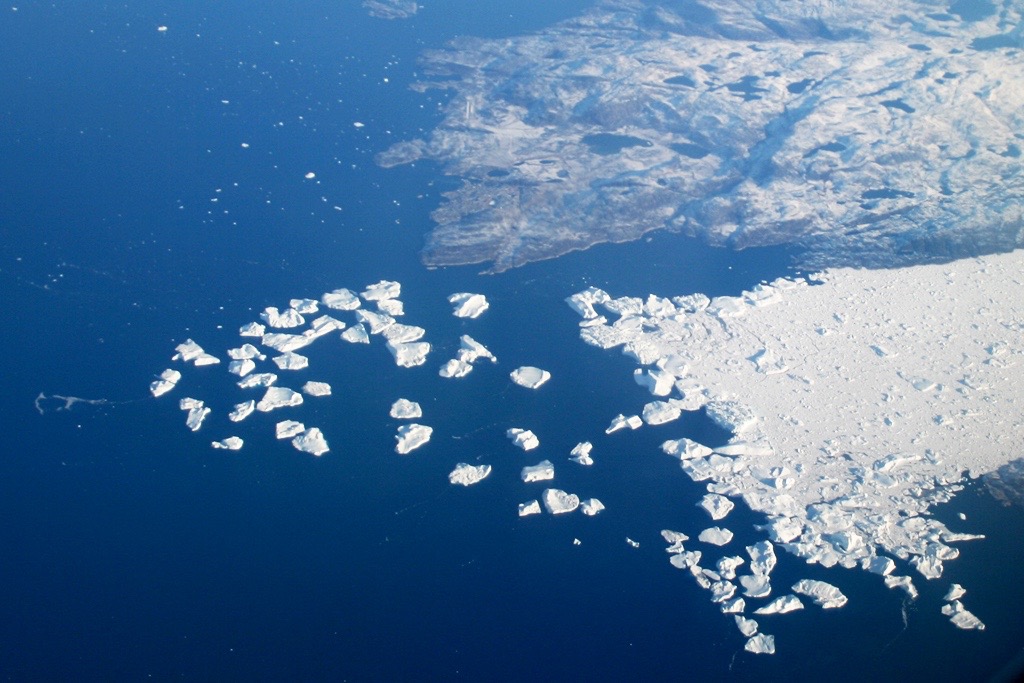
Interest in eco-dharma—the ecological implications of Buddhist teachings—is finally growing after years of apparent indifference and little conversation about it in Buddhist sanghas. The environmental crisis has been headline news since at least 1992, when the first President Bush attended the Earth Summit in Rio de Janeiro and famously declared that “the American way of life is not negotiable.” So why has it taken so long for Buddhists to wake up to the greatest challenge that humanity has ever faced? I wonder if this hesitant response points to a deep-rooted ambiguity within Buddhism itself, one that urgently needs to be clarified: Is the goal of our practices to escape this world or to harmonize with it? Or something else?
Indifference to eco-dharma seems to be reflective of a larger problem with socially engaged Buddhism in the West. Many American Buddhists now accept that service, such as teaching dharma in prisons, hospice work, and helping the homeless, can be an important part of one’s path. In other words, we are getting better at pulling drowning people out of the river, but we are not much better at asking why there are so many more people caught in the river. Who or what is pushing them in upstream? When we dare to ask why so many are homeless in the wealthiest country in history, or why so many languish in prisons, we are dismissed as radicals or leftists. “These concerns,” goes the common response, “have nothing to do with Buddhism.”
Indifference to eco-dharma seems to be reflective of a larger problem with socially engaged Buddhism in the West. Many American Buddhists now accept that service, such as teaching dharma in prisons, hospice work, and helping the homeless, can be an important part of one’s path. In other words, we are getting better at pulling drowning people out of the river, but we are not much better at asking why there are so many more people caught in the river. Who or what is pushing them in upstream? When we dare to ask why so many are homeless in the wealthiest country in history, or why so many languish in prisons, we are dismissed as radicals or leftists. “These concerns,” goes the common response, “have nothing to do with Buddhism.”
When it comes to the challenge of climate change, Buddhist and non-Buddhists alike tend to focus on personal lifestyle changes such as electric cars, solar panels on roofs, and eating less meat. Although these are important, they are not sufficient responses to our increasingly urgent situation. As Bill McKibben, the founder of 350.org, wrote in an Orion article, if 10 or even 15 percent of us do everything we can to reduce our own carbon footprint, “the trajectory of our horror remains about the same.” Yet, he adds, if even 10 percent of us also work all out to change the system, that will be more than enough. The problem is not only personal but structural: the way our present economic and political institutions continue to favor fossil fuels and encourage consumerism generally.
But institutional issues are intimidating. What can you or I do about the fossil fuel industry or “too big to fail” banks and investment firms? We are tempted to deny or ignore those aspects of our situation, despite the fact that Buddhist teachings urge us to face our suffering rather than try to evade it.
Is there something else in those teachings that encourages us not to bother with ecological engagement? If so, perhaps the eco-crisis is also a Buddhist crisis, in that it calls upon our traditions to clarify their basic teachings in order to better address something that threatens the future of all of us.
Does modern Buddhism itself need to wake up?
Keep reading: Click here




